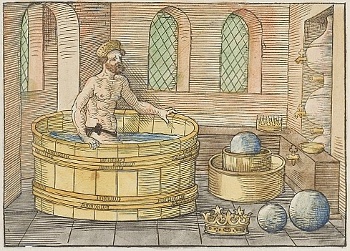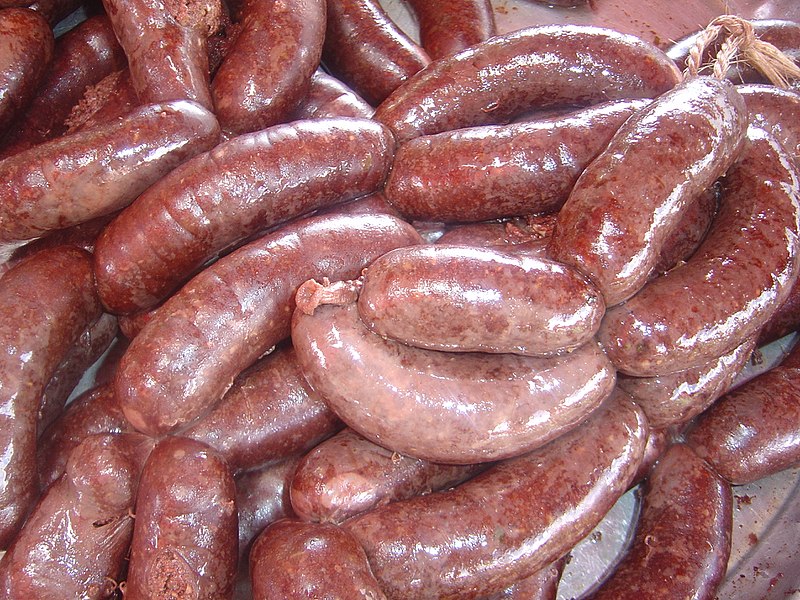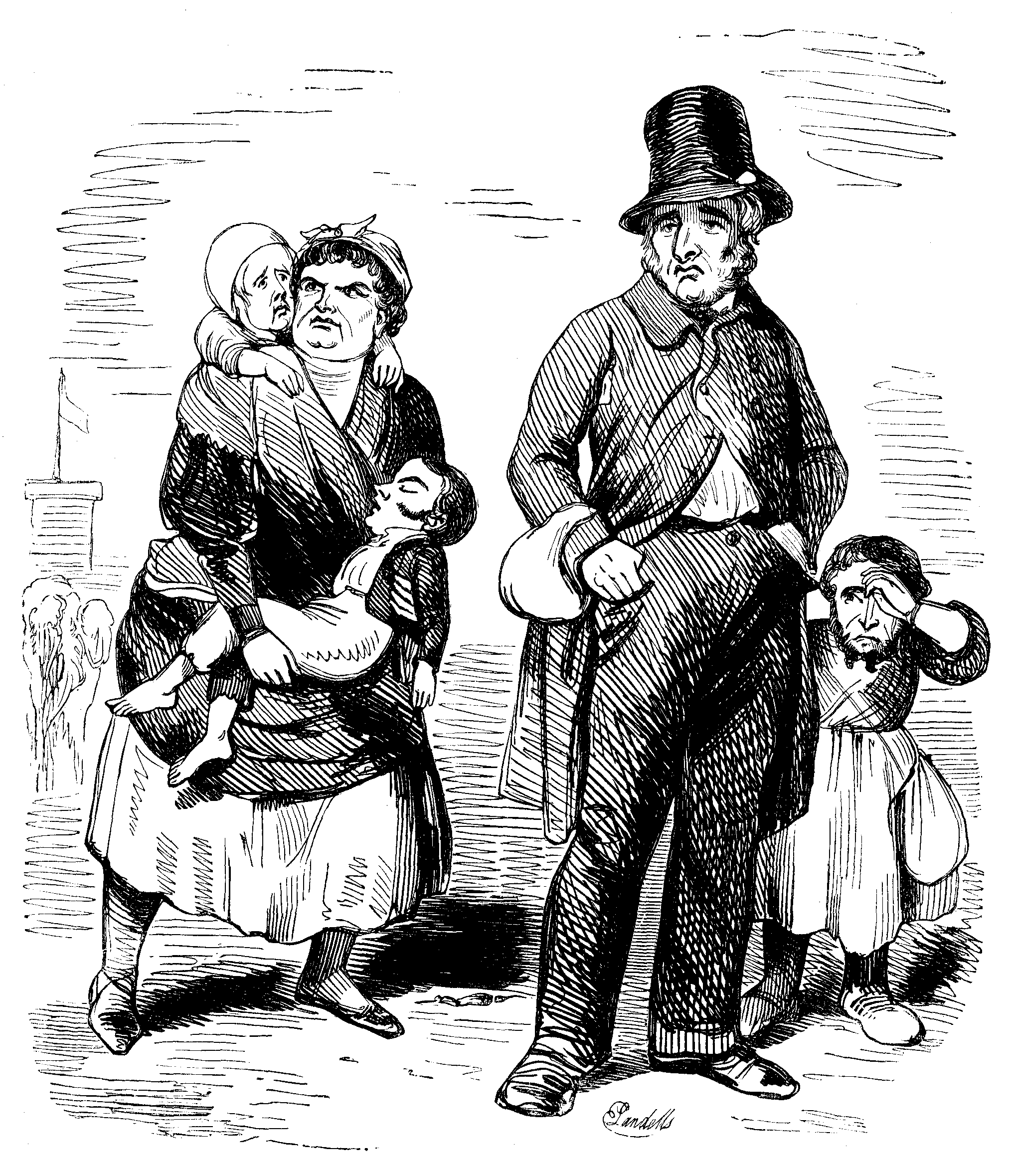What's so special about Nootka, or Nuuchahnulth, as it's now called? Answering that question properly would take all day, but, for one thing, Nootka is very good at getting across a complicated idea in a short space of time. For instance, the way you say to wipe the tears from one's eyes with the back of one's hand in Nootka is fib. Or, according to another source I found, t'ih.
In Nootka you can describe the physical features of a person by putting extra sounds into the middle of a word. In this way you can mark someone as a child, fat, heavy, left-handed or short.
There's now a dictionary of Nootka, and many young Nootka people are eager to learn this wonderful language and become a faafaaqsapa, that is, someone who's mastered Nootka.
As Nootka is one of the treasures of the world, we must all wish them luck.
Thing To Do Today: put a description inside a word. You can do this in English rather the same way as you can in Nootka.
As in hippo-fatty-potamus, for instance.
Drawn by Pearson Scott Foresman




.png)



























